Welcome to our comprehensive guide on how to grow autoflower cannabis successfully. Whether you’re a seasoned cultivator or a beginner, this article will provide you with all the essential information you need to maximize the growth and yield of your cannabis plants. Our expert tips and techniques will help you achieve optimal results and ensure a bountiful harvest.
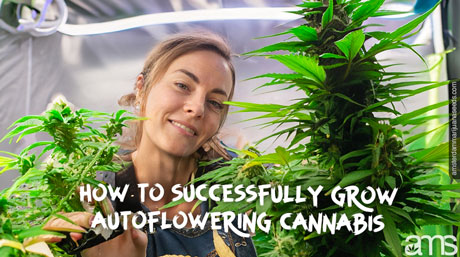
Autoflowering cannabis strains have gained immense popularity among growers due to their unique characteristics and ease of cultivation. Unlike photoperiod strains, which require specific light schedules to transition between vegetative and flowering stages, auto-flower strains automatically initiate flowering regardless of light exposure. This trait makes them ideal for both indoor and outdoor cultivation, as they do not rely on a strict light regimen.
Selecting the appropriate auto-flower strain is crucial for a successful grow. Each strain offers distinct features, including growth patterns, flavors, cannabinoid profiles, and effects. Consider factors such as THC and CBD levels, yield potential, and flowering time when making your selection. Some 5 popular auto-flower strains include:
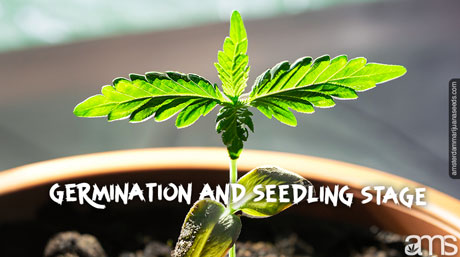
Congratulations! You are now equipped with a comprehensive guide on how to grow autoflower cannabis successfully. Remember to choose the right strain, provide optimal conditions for each growth stage, and closely monitor your plants’ progress. By following these expert tips, you can ensure a rewarding cultivation experience and achieve outstanding results with your crop.
Autoflowering cannabis strains offer unique benefits such as not requiring specific light schedules for flowering and being suitable for both indoor and outdoor cultivation.
Consider factors such as THC and CBD levels, yield potential, and flowering time when selecting an autoflowering strain. Popular options include Amnesia Trance Autoflower Seeds, Northern Lights XTRM Autoflower Seeds, and Blueberry 420 Autoflower Seeds.
Important steps include providing adequate lighting, using flowering-specific nutrients, practicing proper pruning techniques, and determining the optimal harvest time through trichome examination. Additionally, proper drying and curing methods are crucial for enhancing the final product's flavor and aroma.
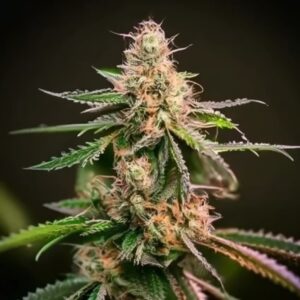


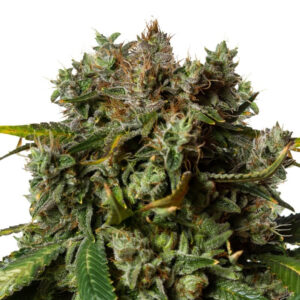

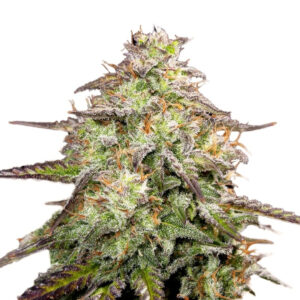
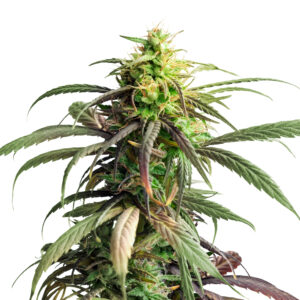






Related Posts
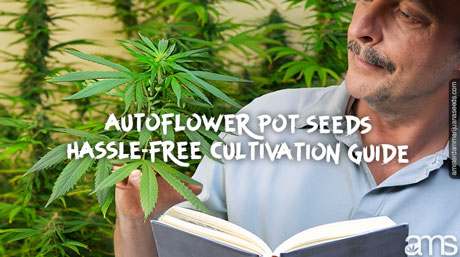
The autoflower pot seeds from Amsterdam are a paradigm of effortless cultivation. They represent self-sufficiency, smoothly transitioning your pot plant from germination to vegetative phase and into flowering, without any intricate interference or alteration of light cycles by the grower.
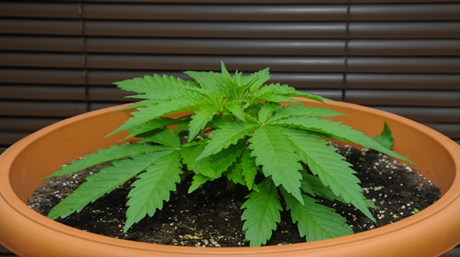
Autoflowering seeds are seeds that produce plants that will naturally start flowering. They do that completely on their own.
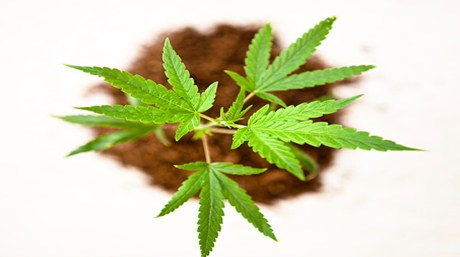
Autoflowers are special cannabis seeds carrying the Cannabis ruderalis genetics, allowing them to transition automatically from germination to flowering.
The ideal soil type for growing autoflowers should have the right secondary additives and a strong anchor for plant support.
You can make compost for autoflowers by composting organic waste materials found readily in the surroundings. You can use Bat Guano, kitchen waste, or organic manure for your compost.